Introduction
This should be a classic productivity hack – but you don’t hear about it much.
We are all guilty of excessive mobile phone checking at times.
The finest minds in tech came up with this piece of kit and their remit is drawing users back, fostering engagement, which understandably leads to some addiction-like behaviours.
It is big business & a lot of money has been invested in hacking our psychology, triggering our dopamine, and fostering compulsive behaviour. Continued refinements are developed, to grab and hold us. Innovations like an endless scroll, an algorithm that mixes up organic content with ‘suggested for you’ triggers for anger, fear and doom. We see engagement-farming, attention-grabbing videos that auto-play to keep us in the loop of watching. Push notifications perpetually clutter home screens, buzzing in your pocket so you wonder what is new…
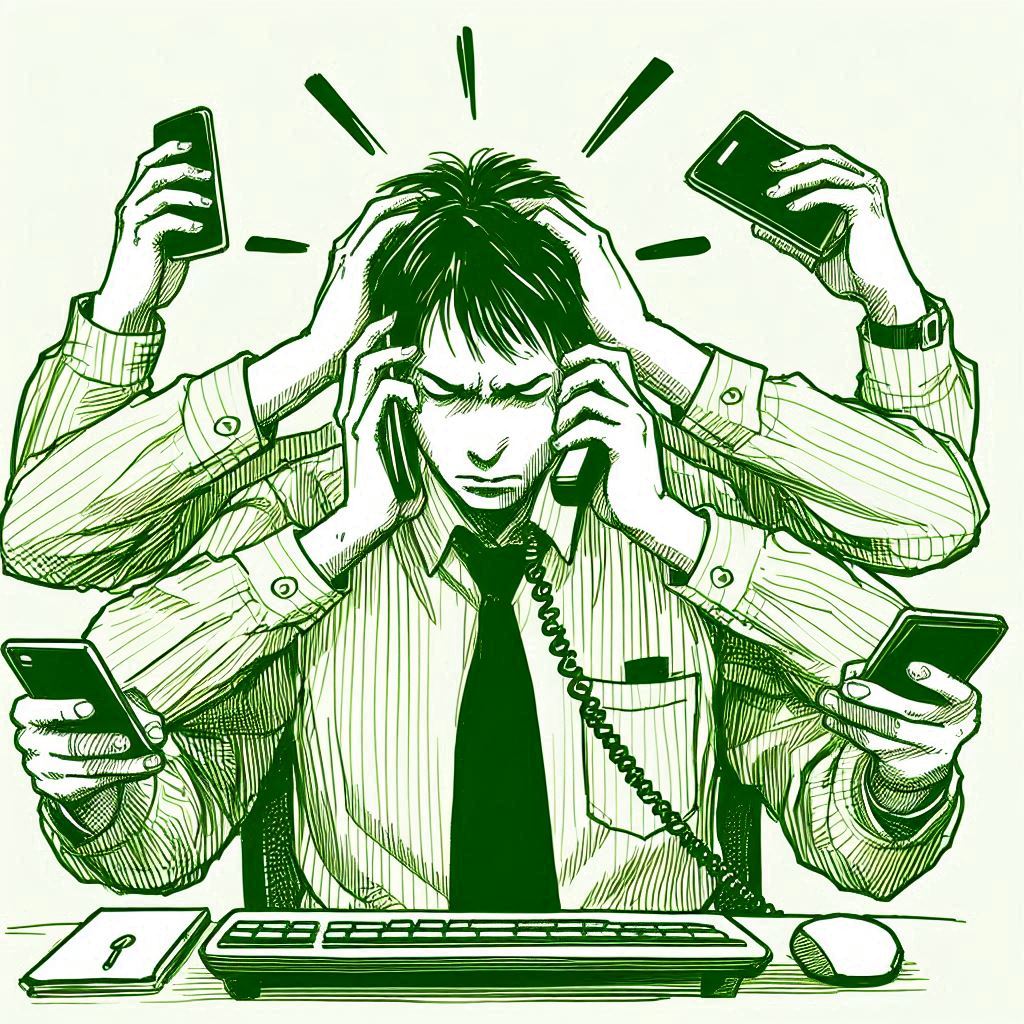
They succeeded. It’s incredibly distracting. So why don’t we just leave it at home?
FOMO
It is important to keep your keep your workspace ‘clean’ in the sense that you don’t have a TV there or lots of clutter. No opportunities for the day-to day concerns to leak in. You can’t produce your best work while you are also thinking about your car’s MOT or your kids’ parents’ evening.
Steven King has been one of the most prolific novelists of the last 5 decades, consistently turning out volumes of work at a terrific pace, His nonfiction guide On Writing describes an ideal workspace for him: a room, with a door that you can shut, and a desk facing a corner. You need solitude and single-mindedness.
He also worked – initially – on a typewriter. No checking the football scores or keeping multiple tabs open there.
Don’t let anything non-work-related breach the space you chose to perform your life-changing work.
Unfortunately You can’t apply this rule for phones. You need to be available for calls, so they breach the normal defences. They go everywhere with you.
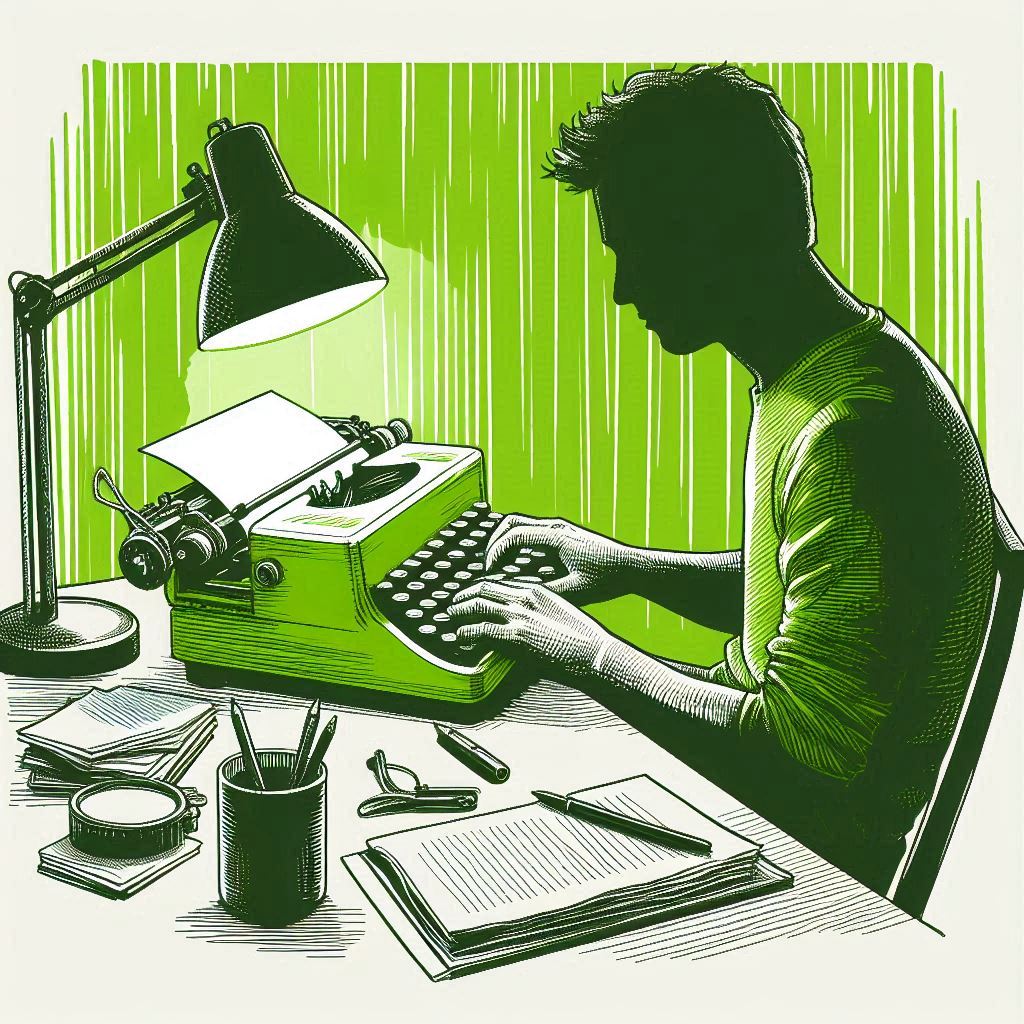
If you have a work phone, let it be spartan and wholly work related – no photos, no personal social media use accounts set up, no personal contacts in there – work emails and work calls only. Don’t even google something silly on it. Same with your work laptop. Act as if a disapproving IT administrator were monitoring your activity 24-7 for evidence that you are unprofessional.
For all you know they actually are doing that(!)
What about your personal phone?
The standard advice is to develop stronger willpower, to activate airplane mode or leave it somewhere – it in the car or in a drawer. Get it out of sight, get it out of mind.
Set yourself boundaries, the effective ones are the unambiguous ones – let our goals be SMART and our limits be hard & fast. “I will not go to the pub this Friday” always beats “I will try to drink more moderately in future”. It is clear, it is measurable, you can be accountable to it. Don’t leave yourself any wiggle room with vague terms that you can intentionally misinterpret when it suits you.
Keep the workspace for work, leave the toys at home. Great advice.
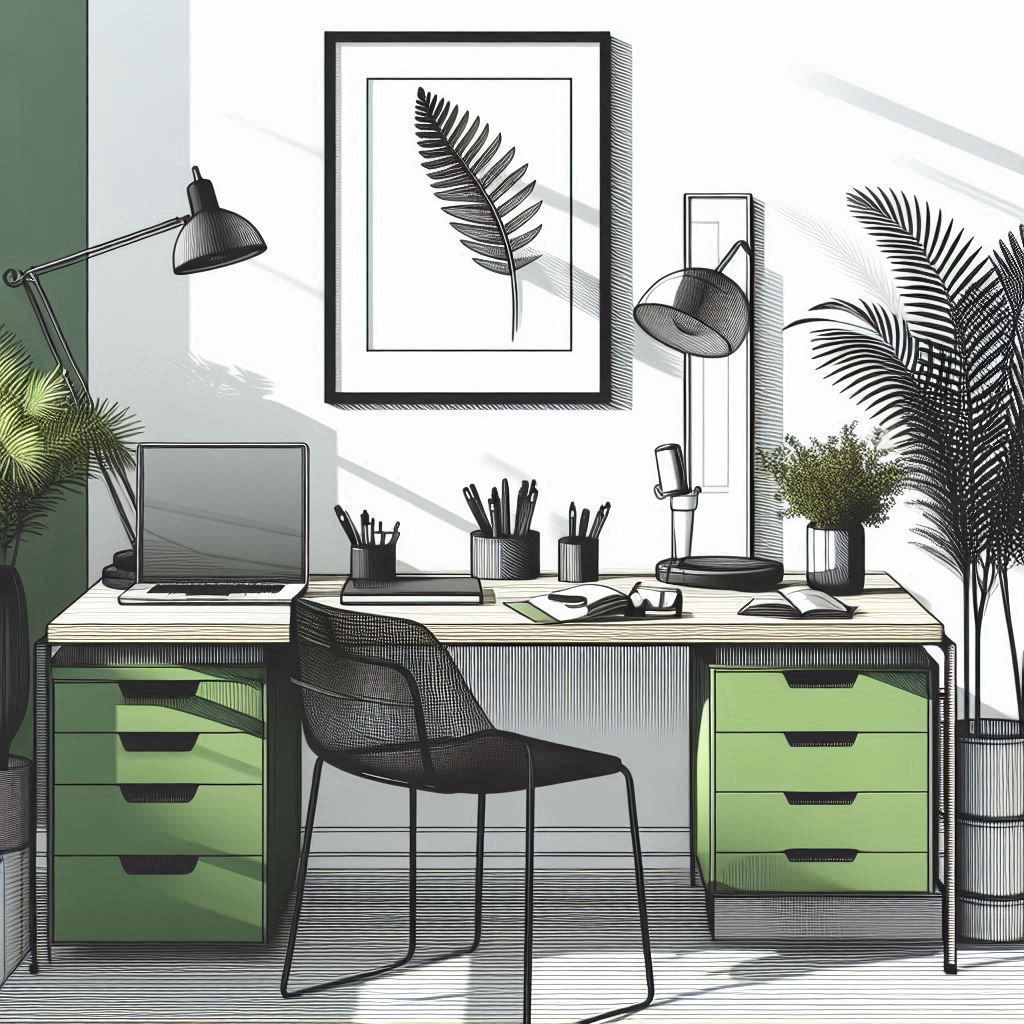
Except smartphones slip our defences, not just a tool, not just a toy. Part of what makes it such a compulsive bit of kit is the multi-dimensional aspect – It is a bit of everything – diary, organiser, important calls, notes, memos, drafts, alongside family photos, social media, music… Mobile phones occupy a special position in our lives that makes it very difficult to apply consistent rules. Smartphones are SO versatile and SO convenient they have a way of making themselves useful for work and play, and the fact we take calls on them means they really need to be nearby and switched on all the time.
If we cut ourselves off from our phones we create a new problem. Not mere curiosity or FOMO, this is genuine discomfort to the point that it can be counterproductive.
In today’s ultra-connected world it is bad enough being without your Facebook and Twitter and WhatsApp. We expect to be able to reach anyone at any time, so not having calls and texts enabled creates feelings of dislocation that are themselves a distraction.
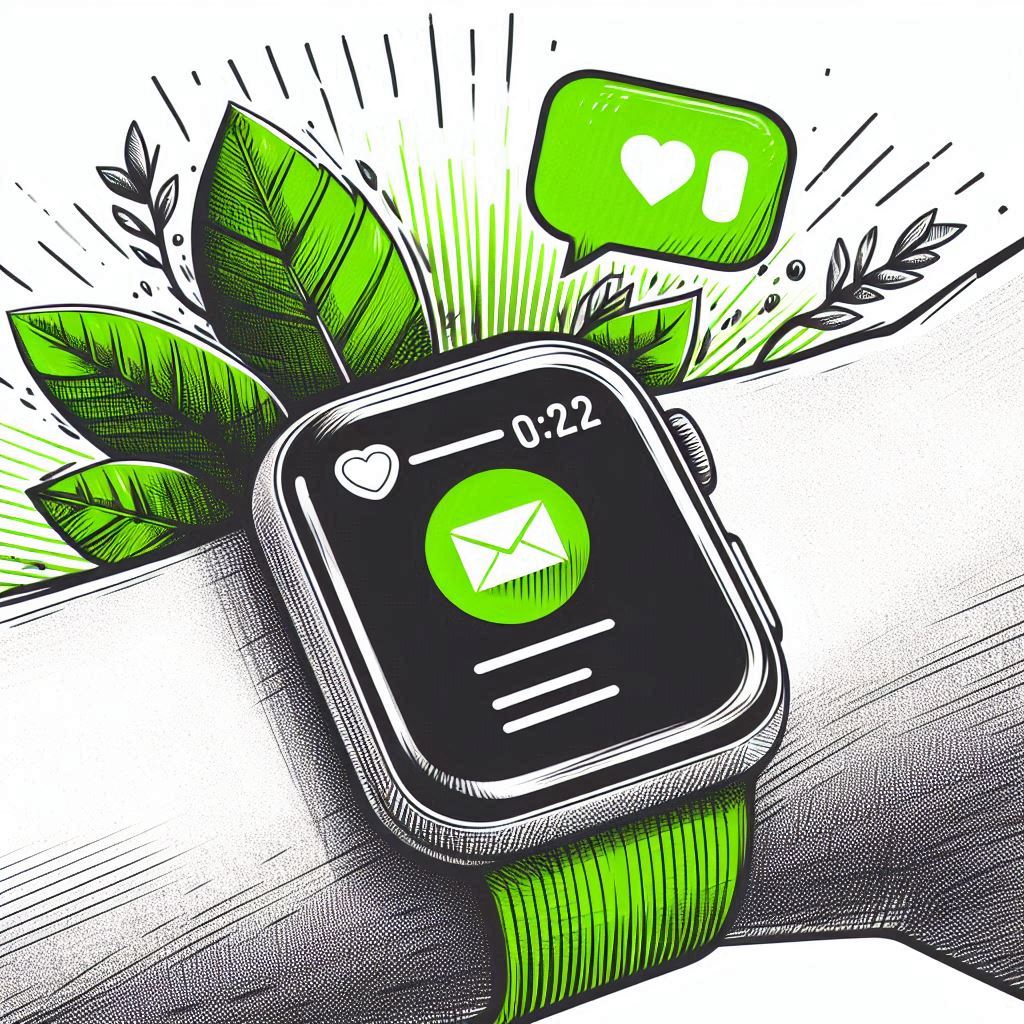
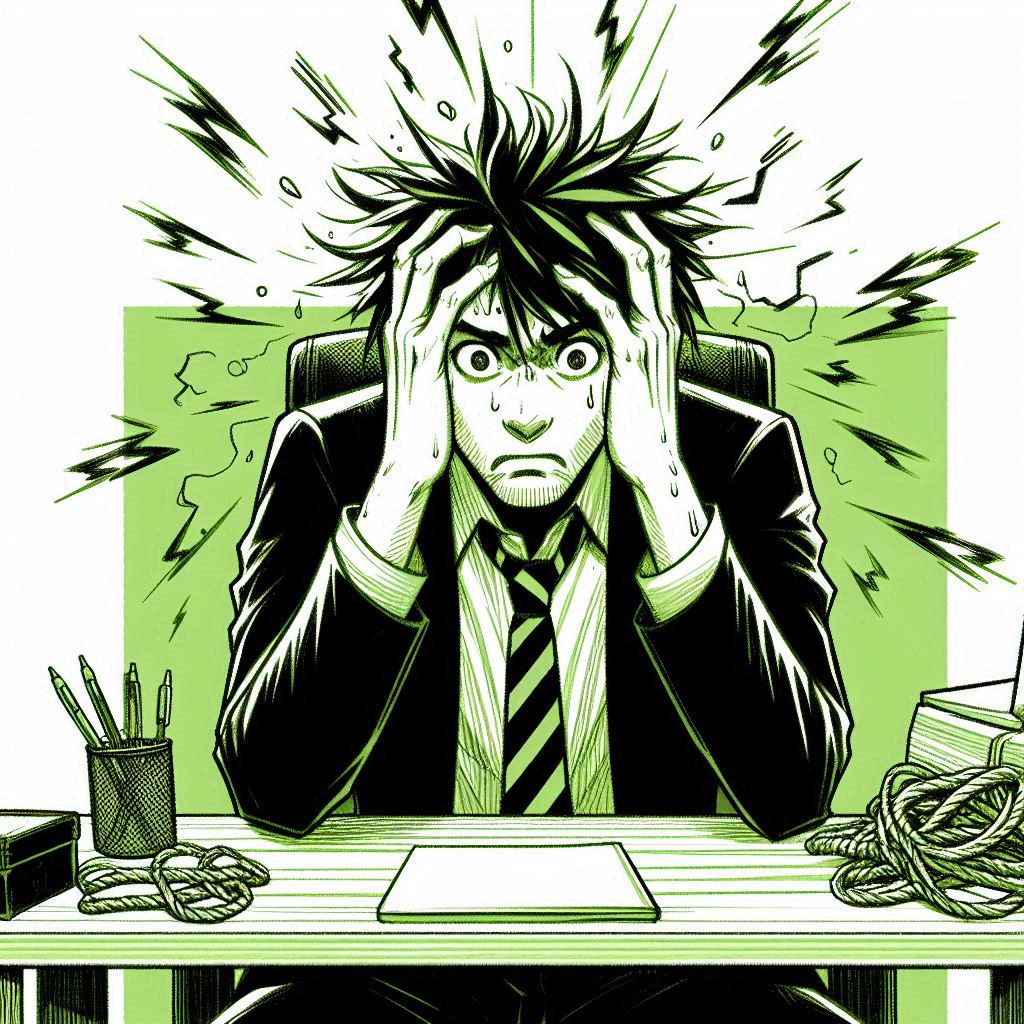
Doing without the phone altogether feels so forbidding we either don’t follow the advice, or we do, and we spend an hour wondering what we are missing..
Could our spouse be calling us?
Or the kids’ school?
Or the Dr’s Surgery?
Or the police…?
How can I work when there might be 5 missed calls, a BBC News announcement and a dozen texts notifying me about the earthquake that destroyed my house?
‘If I don’t just quickly check… put my mind at ease, Ah! Nothing to worry about – but there are some push notifications on the screen that are alluring, best just to clear those too…’ and we are back in the phone, or we are back to work… but our minds are already gone, busy wondering what the push notifications were about…
“I go to my inboxes, they don’t come to me”
Steven Bartett, Diary of a CEO
Every time your phone buzzes you get a curiosity gnawing at your brain like an itch that needs to be scratched.
Whenever a little ping appears on our news feed we get a small dose of dopamine in our brains. Picking up the phone and unlocking it is now such an automatic gesture that we do it unthinkingly without even noticing. A muscle memory.
Dopamine is essential to how the brain functions, it is a reward drug among other things & prompts seeking, searching behaviour.
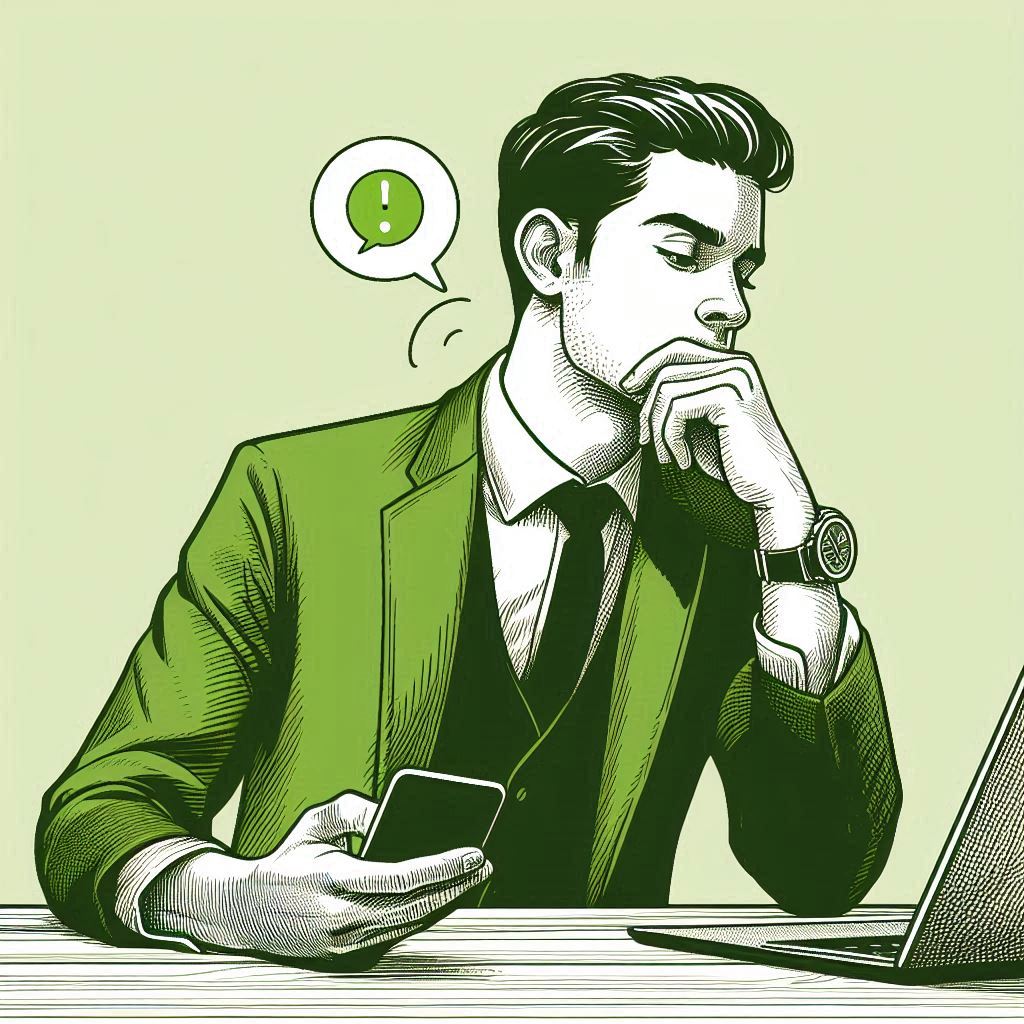
It is now well documented that one effect of smartphones can be to create a ‘loop’ in which we are perpetually checking our phones for more biofeedback compulsively. How can we fight this highly sophisticated, well-funded, attention thief?
And, to be fair, we really do need to check it from time to time. How do we remove temptation from our path without cutting ourselves off totally?
Task Switching
Smart-phones are also the big boss of task switching (or as we used to call it, ‘multitasking’). Emails, photos, games, social media feeds, the whole of Google, TikTok, Netflix, shopping… at your fingertips. There are apps for everything, which makes a smart phone the ultimate hub. We have spoken elsewhere about the impact of task-switching – how it reduces productivity by 40-80%, exhausts your brain, blocks flow states where you do your best work… how long it takes to re-focus after a distraction.
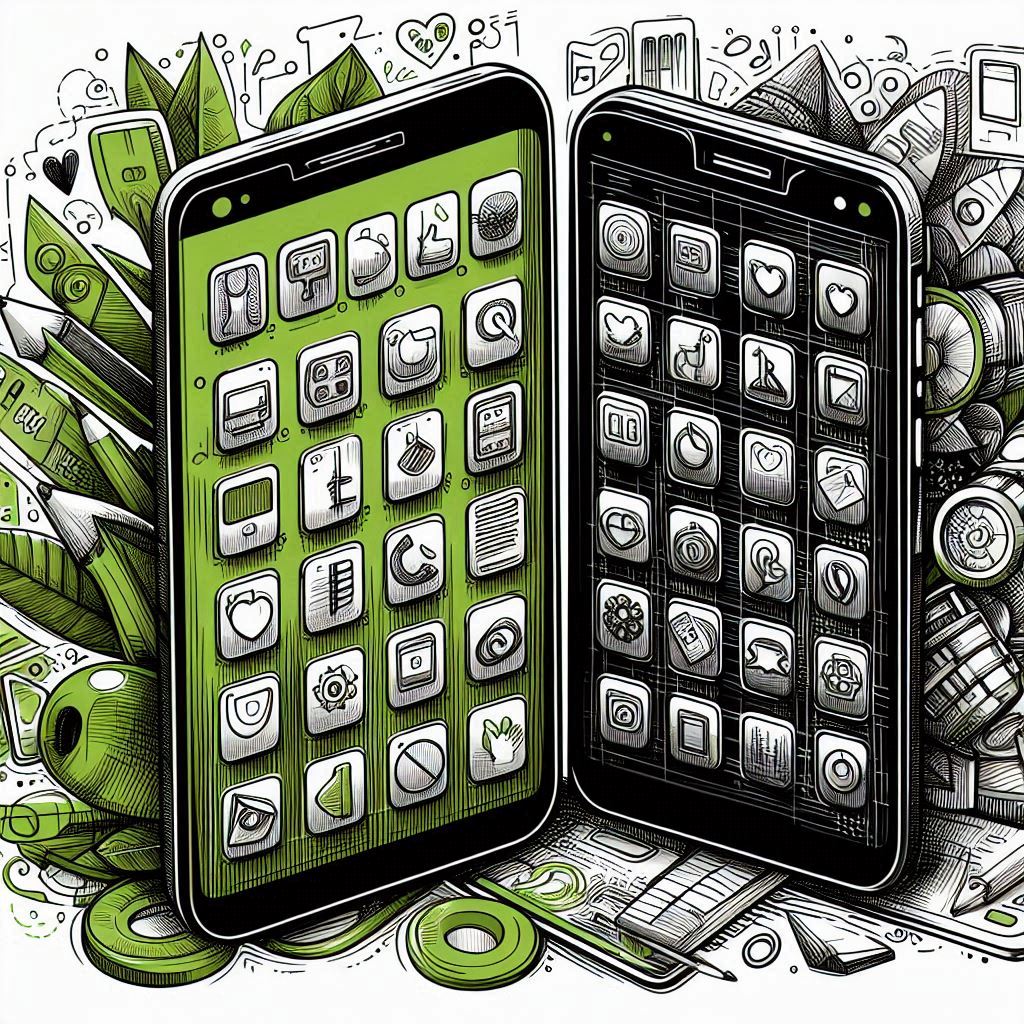
“We invented a myth. The myth is that we can actually think about three, five, ten things at the same time…”
Johann Hari Stolen Focus (2022)
I won’t labour the point, because you know it already – We can’t actually multitask – our best work is single minded and focussed, not with half an eye on something else. There is a popular delusion that we can follow several things at once but it is just a mentally draining way to exhaust your resources and achieve nothing valuable. Johann Hari wrote the book Stolen Focus about the harms of excessive distraction that accompanied increased screen time. Prof Earl Miller, a neuroscientist at Massachusetts Institute of Technology described today’s environment of electronic distraction to Hari as “a perfect storm of cognitive degeneration”.
Task switching leads to a huge drop in efficiency. According to computer scientist and author Gerald Weinberg, while you may be juggling up to 5 different tasks at the same time, you’re actually losing 80% of your productivity. Yikes!
It also exhausts your brain far faster than single-focus tasks.
Jim Kwik’s study techniques say the same. No multitasking. No distractions, you’re effectively lowering your IQ by attempting it. Don’t. Just say no.
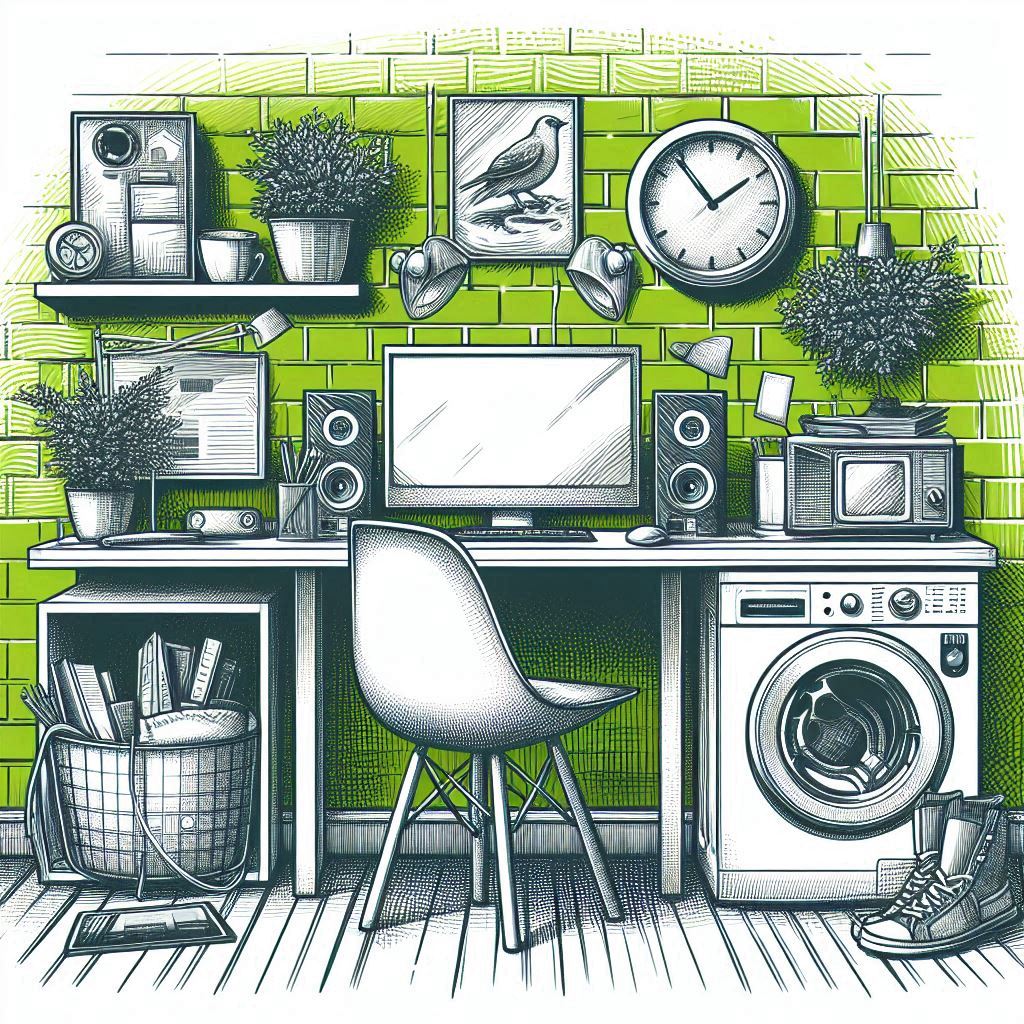
Solution
A better approach is to familiarise yourself with the battery-saving mode on your phone.
By enabling this you can still be reached by callers, can still receive text messages if you choose to, but won’t be receiving a barrage of WhatsApp group chat messages, Facebook notifications, or news alerts that will pull you out of what you are doing each time they chime.
You don’t need to adjust the individual notification settings of every single app.
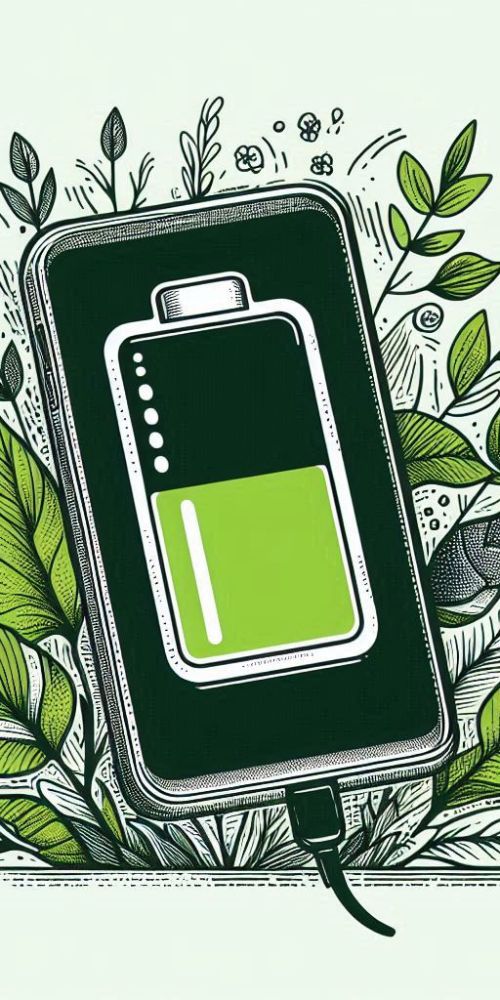
If you are tempted to ‘just quickly Google something’ or check the news headlines, you’ll be met with the severe, sombre disapproving black screen that gently but firmly reminds you that you are working and keeps you on track.
‘Is this really worth breaking concentration on, or can it wait until lunch?’ 9 times out of ten you will put it back in the drawer & stay in the groove.
Sure, you can still power back up & override it if you are determined to pursue the distraction, same as a fence doesn’t actually STOP trespassers, but it still works because it creates ‘friction’ in the words of James Clear, of Atomic Habits fame. Distraction is an opportunist, if your surroundings are clean it will have fewer places to lurk.
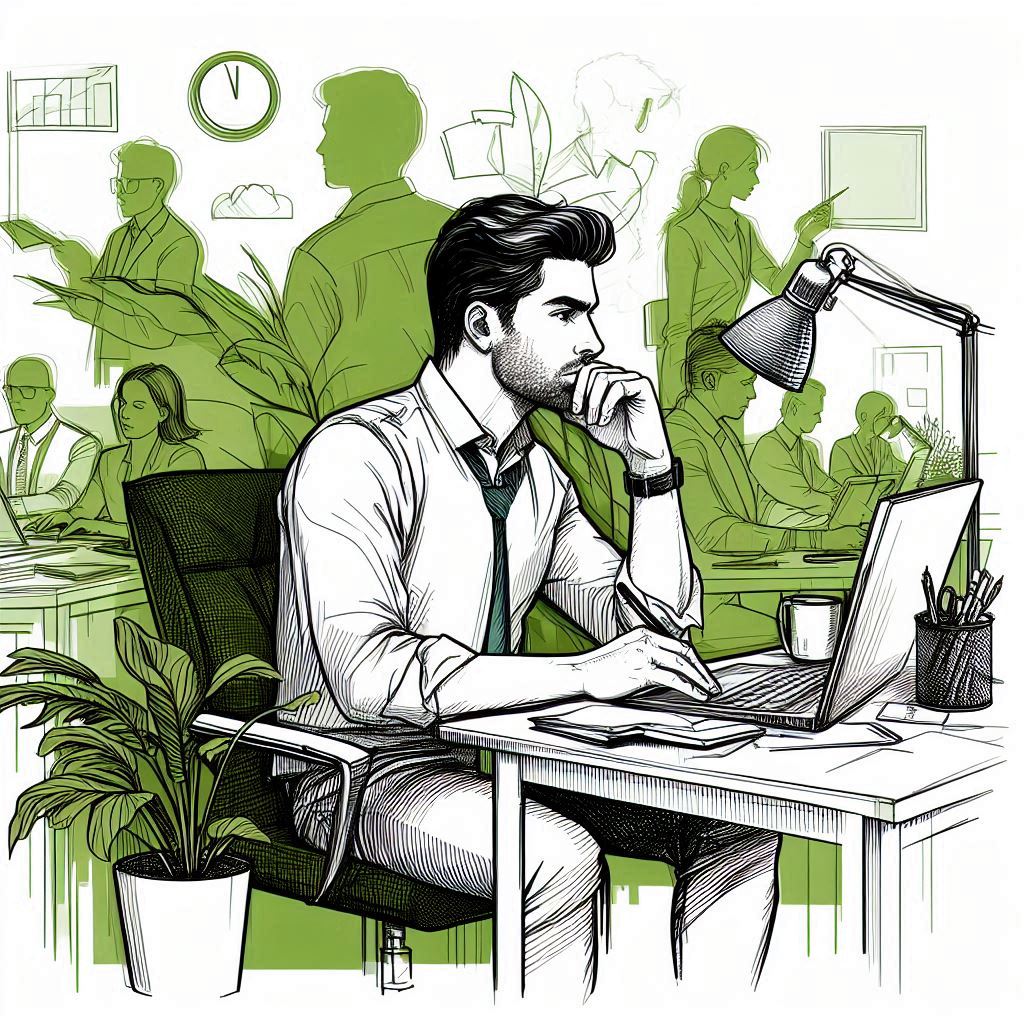
Nir Eyal – who wrote the excellent ‘Indistractible’ – has a great rule too. Wait 10 minutes. Break your attention if you must, after that, but work 10 more minutes first. Once the urge fades the chances are you ‘ll settle back into the work. 9/10 times it just disappears off your radar & you can laugh at how easily you were almost distracted that time.
The aggravation of disabling the battery saver to get your fully functional phone back is an additional obstacle that saves you from yourself, stops you from reactively, subconsciously opening, unlocking, and scrolling (which is such a well-practiced technique we can do with our eyes closed like we are sleepwalking) – forces us to pause, and reflect, and we decide with logic that this is not what we want, actually. Instead we keep our minds on the task at hand.
Making Adjustments
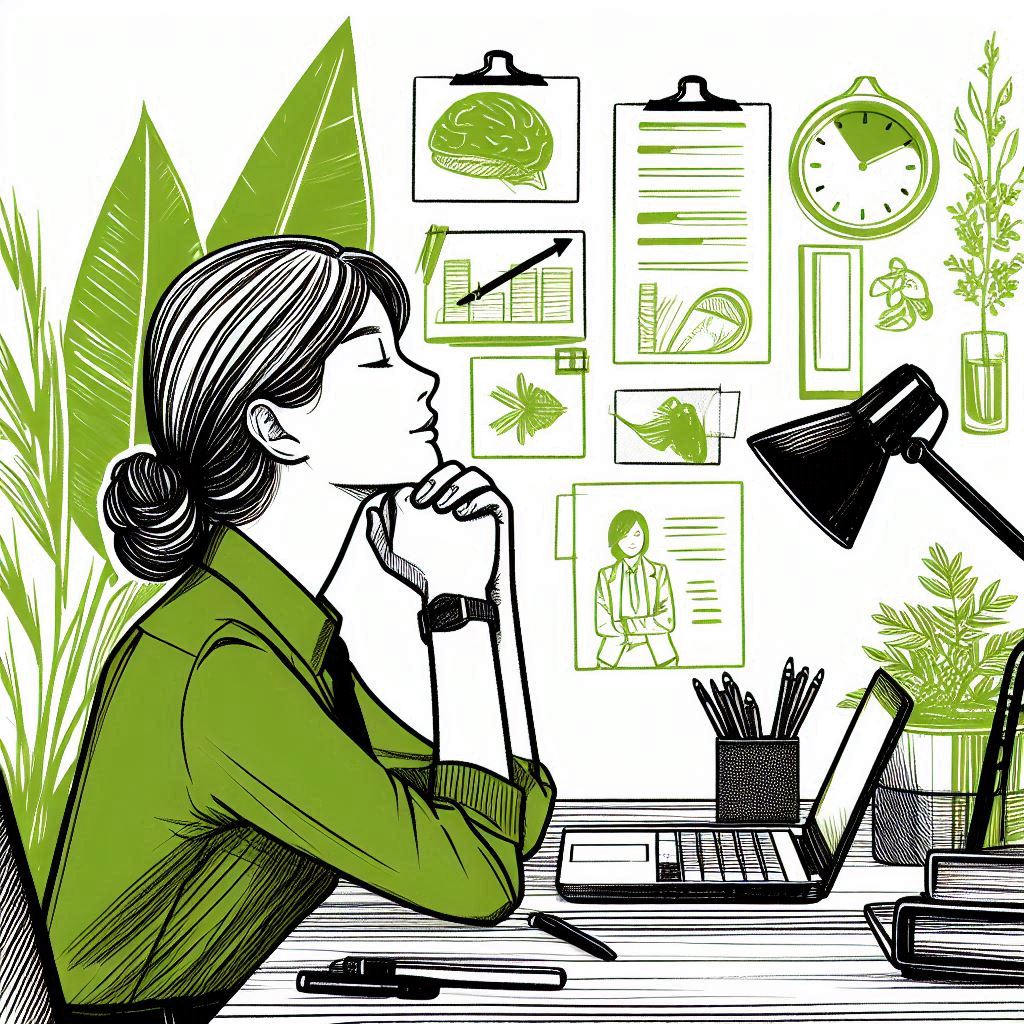
You have micro-breaks every time your PC lags – when it struggles to run a report or save a large file or refresh your emails. You’ll be tempted to reach for your phone ‘for a sec, just while I’m waiting’ but the phone screen is black – remember? And you won’t use it. you’ll close your eyes for 20 seconds and breathe, to restore your energy levels like a mini-nap, or you’ll turn your eyes away from the screen and stretch your legs, without stopping to talk to anybody, break from the screen and get some blood flowing before returning re-energized.
Your state of focus is like your state of sleep, you can stir & sink back to sleep if conditions are right. Similarly, you can be distracted but return to absorption without a lot of effort, provided the interruption is brief and minor.
If you feel yourself getting distracted, you get a great idea and think you need to power up your phone… Don’t. Just jot it down on a pad, get it out of your head, and return to work.
Review it later.
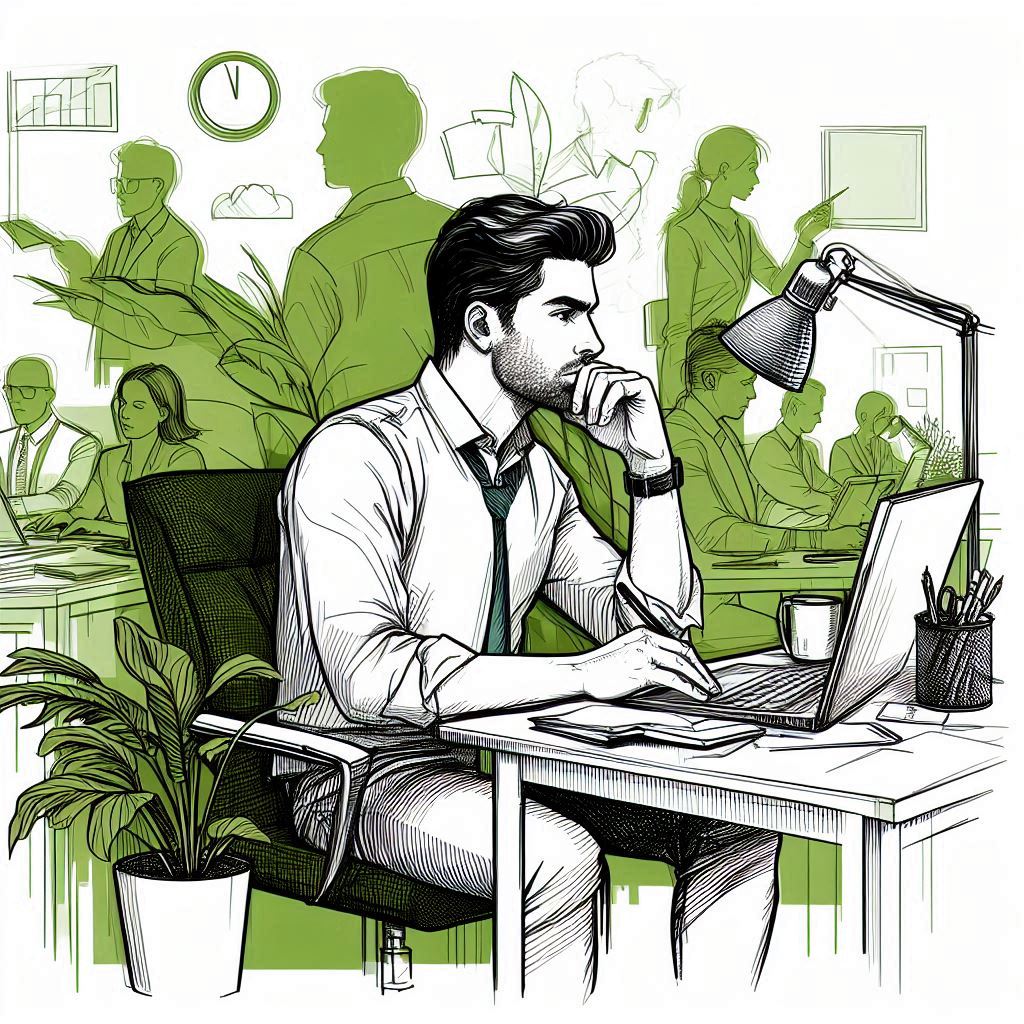
Switching your phone to battery-saving is a form of pre-commitment that effectively deactivates one of the most potent distraction devices ever devised. You can choose to enable some apps to still work, like clock, alarms, messages, even music, if it helps. This can be tailored. You also know that you could still be reached if anything important arose, so if the phone is not ringing you can safety remain focussed on the task at hand. You are not missing anything important. Other fringe benefits include prolonged battery life, lower electricity bills, and a more conscientious carbon footprint.
Don’t allow your state of concentration to be breached over something pointless. Nurture & defend it. You will end up feeling like working is easier, time moves faster and you get more done, to a higher standard. Poisoning your own concentration with trivia is self-sabotage.
The quality of your work will be much better if you can achieve flow – which demands that you are not distracted. When you immerse yourself in the work, get under the skin of it, the work becomes fascinating, you get into your groove, you feel like you are employing your skills the right way. & before you know it you are in flow, and you receive the neurochemical hit from focussed work that you were looking for from Twitter & Facebook notifications.
If you can’t expect to achieve a flow state every time you sit down, you can at least set the conditions in place. Shoot for the moon, you may exceed your expectations.
“Turn off your phone. Cut back on multi-tasking – focus on doing one thing at a time and give that all your attention. This can be a powerful antidote to the barrage of distractions of social media”
Dr Mike Dow, author of The Brain Fog Fix: Reclaim Your Focus, Memory, and Joy in Just 3 Weeks
Don’t Shoot the Messenger
Distractions predate the phone, of course. We should not let mobile phones be the latest moral panic after video games, TV, and comic books. During the 18th century books themselves were considered a threat to our minds. Absorbing, compulsive, portable, Sound familiar? They were going to be the ruin of young ladies everywhere.
You can’t put all of the blame on the tech, any more than you can blame your waistline on the crisps for being too delicious.

Don’t shoot the messenger.
Steven Pressfield wrote the colossal masterwork The War of Art, which covers his decades of procrastination, in an era before smartphones. Distraction is first and foremost an internal negotiation with yourself (or rather your selves, your best self & the other guy). You are capable of finding distraction anywhere. Prior to smartphones there was always something. When I look at a task I don’t want to do my brain will find ANYthing to keep me busy – do the dishes mow the lawn, even do my taxes. It is up to ME to fix that.
Wrapping up
Mobile phones are not the devil’s work, they are a phenomenal tool, but since they are also the No.1 avenue for distraction in modern society it behoves us to examine our own relationship with the tech, where it might be prolonging our working days, mentally exhausting us, damaging our relationships with loved ones and harming our mental health with provocation, addiction, fear, FOMO and negative comparisons.
It is powerful technology, which can help us in incredible ways, but which can also do phenomenal harm to our focus, and most of the advice out there is impractical (eliminate it from your life, do without it, grow a backbone…).
The good news is that the best tool to allow us take the power back is not an app or a gadget, it is already built into the phone itself. Learn to use it and you’ll have a powerful slave, not a master.
